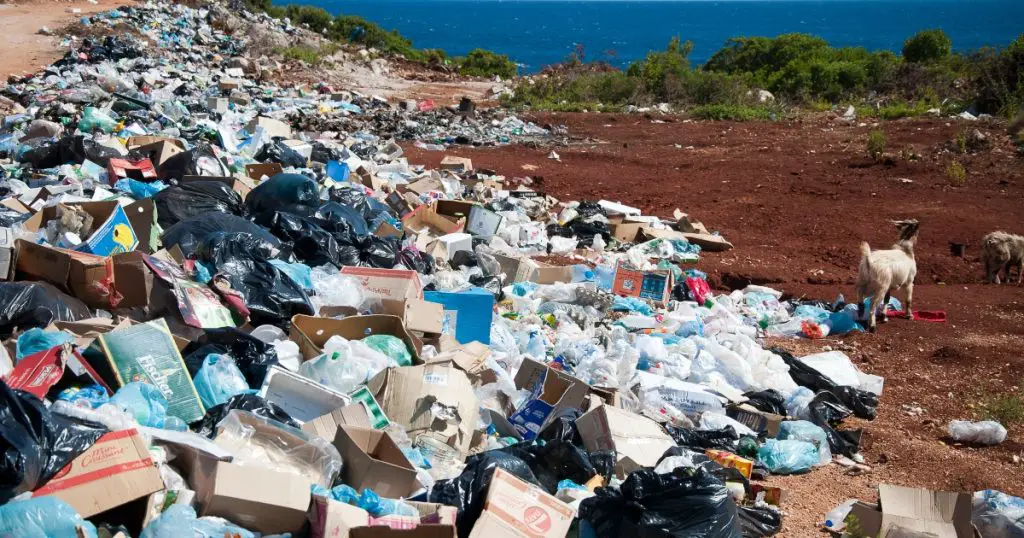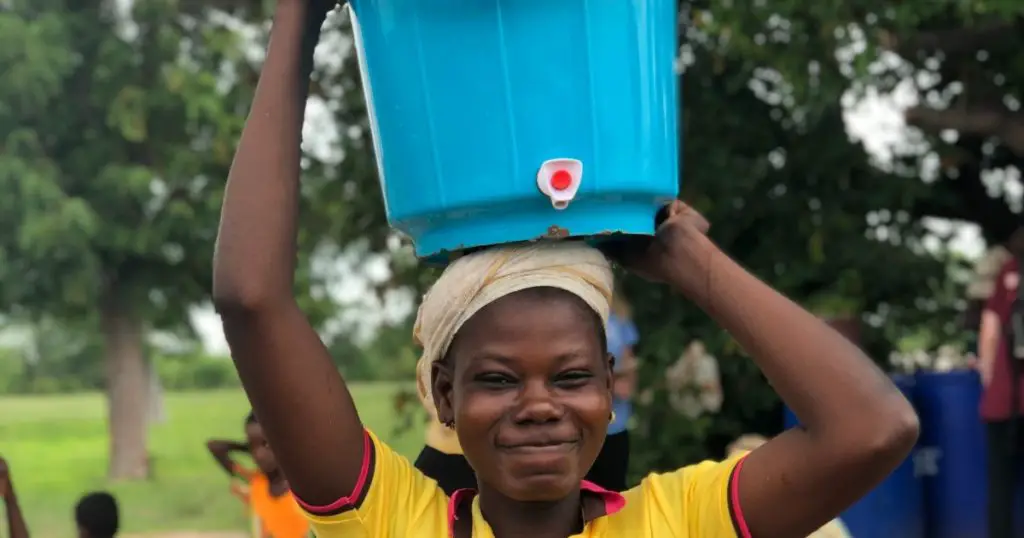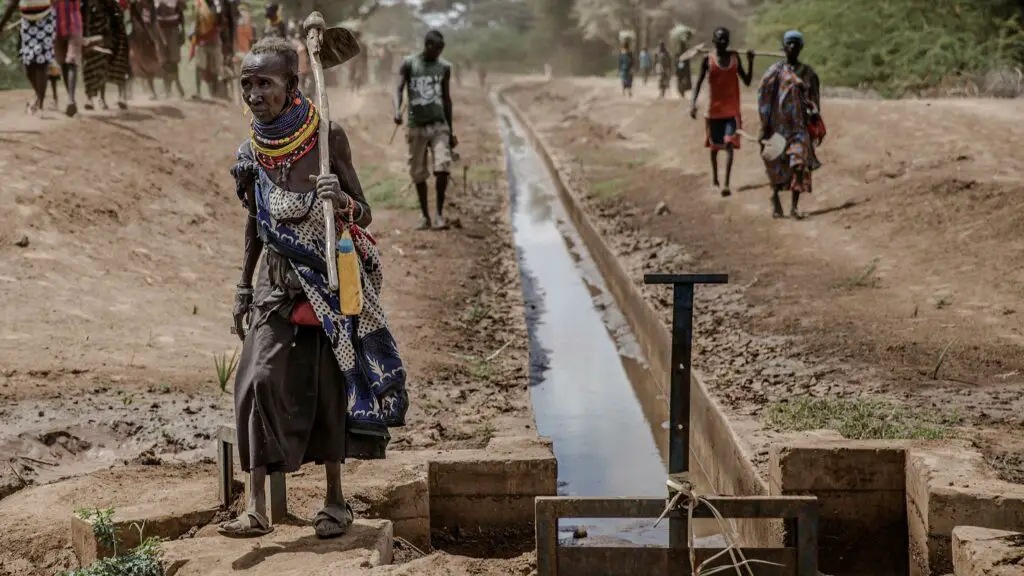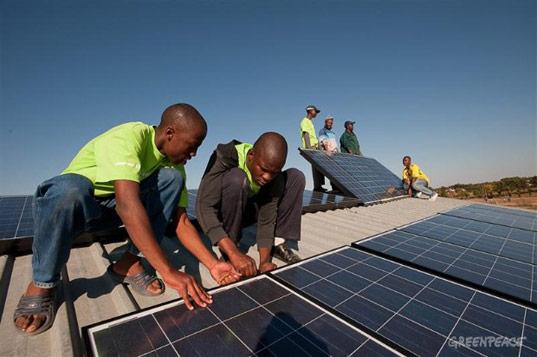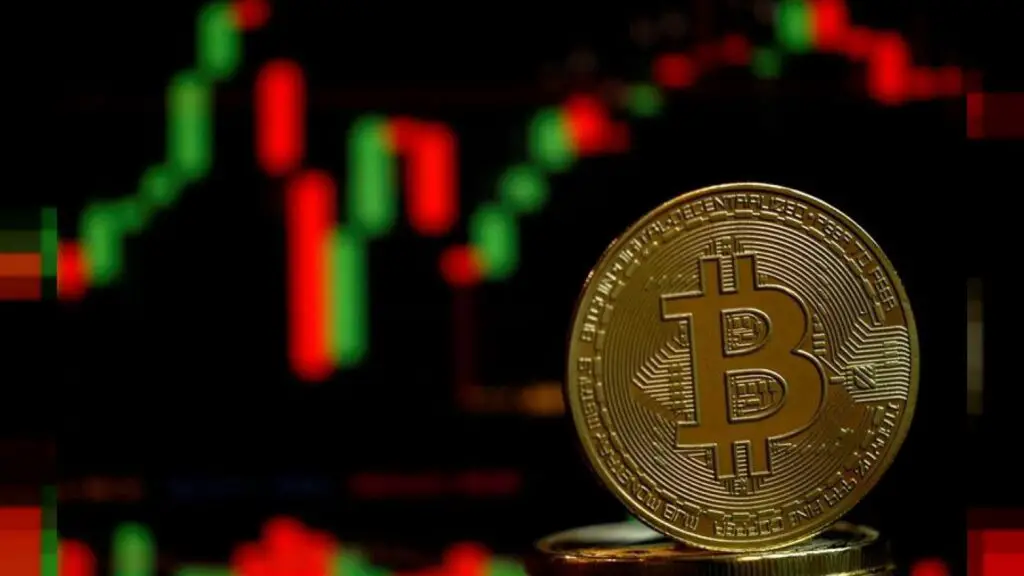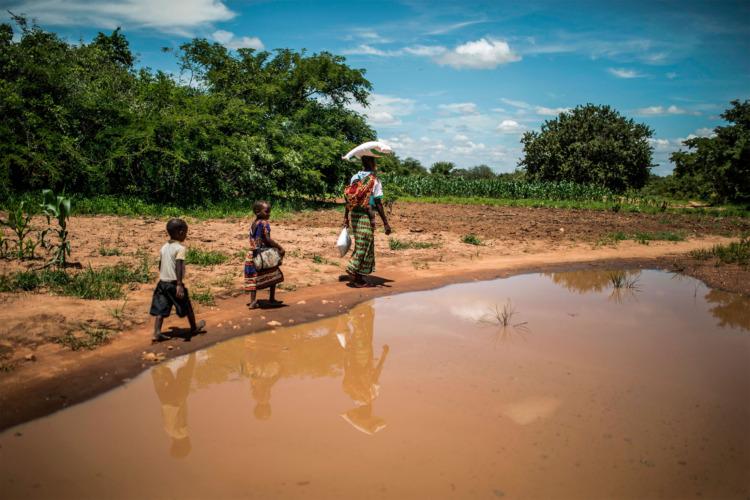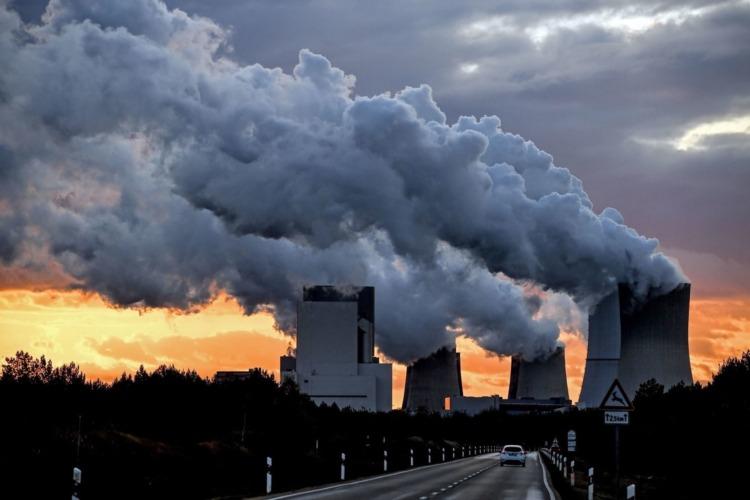- Agribusiness could drive Africa’s economic prosperity
- Dawood Al Shezawi: Why AIM Congress 2024 is the epicenter of global economic and cultural dialogues
- d.light’s 600,000 cookstoves project verified as top source of quality carbon credits
- Artificial intelligence (AI) could create a turning point for financial inclusion in Africa
- AIM Congress 2024: Catalysing global investments with awards
- Kenya’s economic resurgence in 2024
- The most stressful cities to live in 2024 exposed
- Tech ventures can now apply for the Africa Tech Summit London Investment Showcase
Browsing: Climate change
- The fifth session of the United Nations Environment Assembly (UNEA-5.2) resolved to end plastic pollution and forge an international legally binding agreement by 2024
- The agreement will hold nations, businesses, and society accountable for eliminating plastic pollution from the environment
- UNEP) Executive Director Inger Andersen described the agreement as the most important international multilateral environmental deal since the Paris climate accord
This week was a win for climate change after the fifth session of the United Nations Environment Assembly (UNEA-5.2) resolved to end plastic pollution and forge an international legally binding agreement by 2024.
The agreement will hold nations, businesses, and society accountable for eliminating plastic pollution from the environment.
After the passing the landmark resolution in Nairobi, UN Environment Programme (UNEP) Executive Director Inger Andersen described the agreement as the most important international multilateral environmental deal since the Paris climate accord.
Representatives, including heads of state, from 175 countries, …
- Women in Sub-Saharan Africa continue to struggle due to the negative impact of climate change
- A United Nations report noted that climate change has a growing impact on the African continent, hitting the most vulnerable the hardest and contributing to food insecurity
- Fast forward to 2022, the Horn of African countries are facing drought, with data showing that 12 to 14 million are at risk, owing to an extended period of lack of rains that driving acute food insecurity
- The AllAfrica Global Media Group says it is bringing key stakeholders under one roof on a virtual panel under the theme: “Gender equality for a sustainable future”
As the world prepares to mark International Women’s Day on March 8, 2022, several data reveals that women in Sub-Saharan Africa continue to struggle due to the negative impact of climate change.
In a 2020 report, the United Nations Climate Change noted that climate …
Climate change in Africa costs a lot, and climate extremes hit the region hardest. Between 2014 and 2018, roughly $5 per year, a person was the adaptation funding to each African – standing on less than $5.5 billion per year (World Economic Forum).
It is more than fair to say without financial support, climate change will probably push Africa’s impoverishment to a whole new level, as millions of Africa might be into extreme poverty by 2030.
The latter proves Africa to be at a relatively disadvantageous position as it contributes the least to global emissions and climate change. Yet, it receives minor financial support towards adaption.
READ: COP26 All Talk, No Walk
The previous 26TH United Nations (UN) Climate Change Conference of the Parties (COP26), dubbed “the world’s best last chance”, provided the global stage with failure.
Despite promising to double funding, high-income countries (and high global emitters) failed …
However, all efforts have been directed in that sector to try and make it greener and cleaner. Among consumers, a major shift is now being witnessed with most of the industries investing in clean energy sources that are both affordable and sustainable.
Such initiatives have made Kenya be rated among the top countries that are implementing their nationally determined contributions that seek to cut greenhouse gas emissions in the country by 32 per cent by 2030.
The latest industry to have made noted efforts to transit to clean Energy is Bamburi Cement Factory situated in Bamburi Mombasa.…
In Africa, the idea of having a seed bank on the scale of the Global Seed Vault is unknown since farmers have for decades been using seed banks for their consecutive crop production activities. The sad reality is that this practice may be infeasible in the coming years since the changing climatic conditions are pushing the continent over the ledge with ever-decreasing farm productivity.
A report released by the UN’s International Fund for Agricultural Development (IFAD) in October 2021 shows that the biodiversity doomsday is nigh for Africa.
According to a report, staple crops in eight African countries might decline by as much as 80 per cent by 2050 if temperatures continue to rise driven by climate change. The result of this might be a devastating effect increasing poverty and reducing food supply.…
As the rise and fall becomes more frequent and intense, it confirms that bitcoin does not follow a come -around -go-around trend.
In October this year, bitcoin drooped intensely before breaking the roof to hit a record high of US$66893.22. Investor psychology can be used to explain the trend in digital currency.
On a normal day, bitcoin investors use a fall in bitcoin worth as a go ahead to purchase, due to low prices at this time. The investors then wait to reach highs to sell off their accumulated assets; creating a loop of buying and selling.…
 South Africa, like many other countries in the world, still uses coal to power its economy, but now the country wants to become a low carbon economy and a climate-resilient society and to do so, it has announced a major U.S.$8.2 billion deal with Europe and the US.
South Africa, like many other countries in the world, still uses coal to power its economy, but now the country wants to become a low carbon economy and a climate-resilient society and to do so, it has announced a major U.S.$8.2 billion deal with Europe and the US.
This deal makes South Africa the only African country to have come out of COP26 with a tangible, actionable and financed plan to make it climate change resilient. The energy embattled country has signed the deal with all the big boys, the UK, the U.S., Germany, France and the European Union.
The pact is considered the first of its kind, where the so-called ‘Global North Countries’ are funding a ‘Global South Country’ to transition to renewable energy. Granted in this case there is the interest in coal since South Africa is heavily reliant on coal and so the deal is considered a …
However, the DW report argued that just 18 per cent of GCF financing went to projects in the world’s poorest countries, while 65 per cent went to projects in middle-income countries like Mexico or India.
GCF is an essential partner towards Africa’s climate action. It is one of the most potent multilateral financing mechanisms available for the continent in supporting genuine-time climate action efforts.
Despite the underlying challenges within climate finance the region faces, it ought to be ready to harness GCF’s potential and become resilient as climate change impacts do not wait. …
Because outside of the governments, politicians, civil servants, lobbyists and pressure groups that thronged the Conference there is a cohort of entrepreneurs that are passionate about reversing climate change, that have fantastic commercially viable and innovative ideas, but who require funding and strategic support to make these ideas a reality.
And so I want to suggest that as well as taking personal responsibility for our carbon footprint and doing all that we can to minimise our negative impact on Planet Earth, we should also be investing in line with environmental, social and governance principles at all times – and ensuring that 20% of our investments in 2021/22 should be directly targeted at investments that will have a positive environmental impact. …
- US, EU pledge to cut global methane and greenhouse gas emissions by at least 30 per cent by 2030.
- 16 Southern African Development Community (SADC) states have recorded 36 per cent of all weather-related disasters in Africa.
- China, the world’s largest emitter of methane, India and Russia are not part of a pledge to cut down emissions.
The 26th Conference of Parties (COP26) has demonstrated to the world action towards climate change is possible.
As heads of state converge and pledge crucial issues including, the US and European Union announced a global methane pledge, cutting emissions of greenhouse gas by at least 30 per cent by 2030.
The conference, which is attended by countries that signed the United Nations Framework Convention on Climate Change (UNFCCC), has been drawing international attention as climate change impacts the global economy, especially developing economies across the world.
In that context, Africa as a region …





